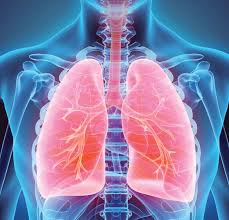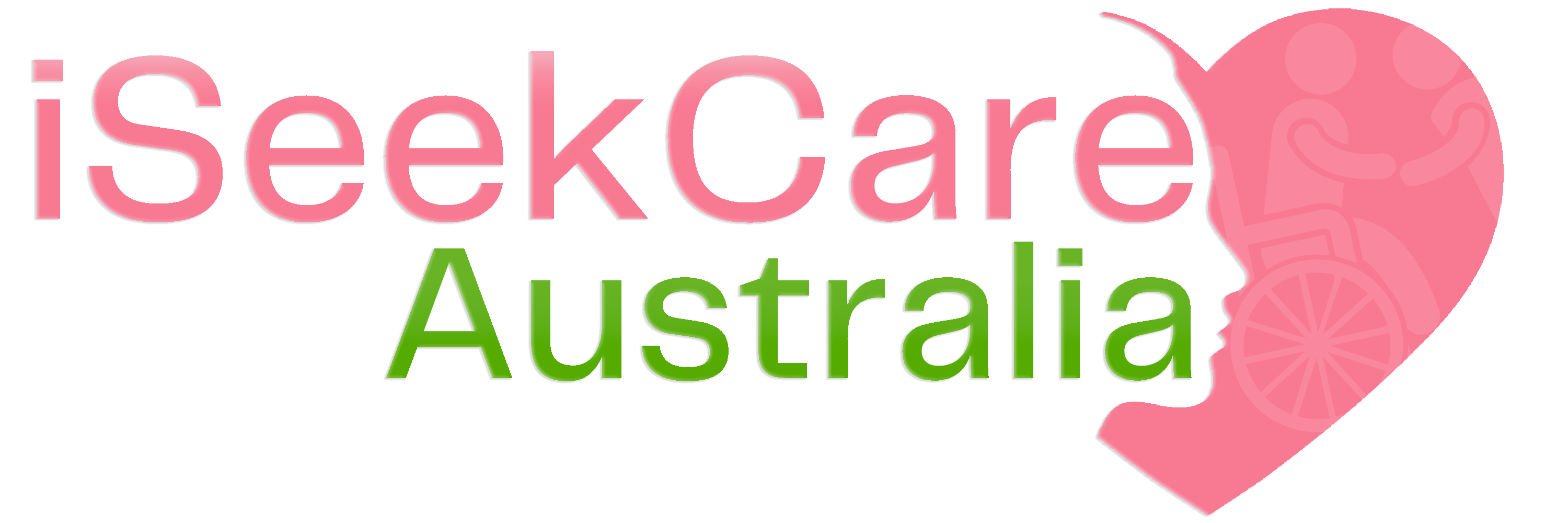Understanding the Risks: A Closer Look at Respiratory Depression from Medications
Respiratory depression is a serious and potentially life-threatening side effect of certain medications. It occurs when the central nervous system is suppressed to the point that breathing becomes dangerously slow or shallow. Similarly, this can lead to a lack of oxygen in the body. This can result in organ damage or even death. In this blog post, we will take a closer look at respiring depression, its causes, and how it can be managed.

1. What causes Respiratory Depression?
Respiratory depression can be caused by a variety of factors, including certain medications that suppress the central nervous system. Opioids, benzodiazepines, and sedatives are common culprits when it comes to causing respiratory depression. Furthermore, these medications work by slowing down brain activity, which can also affect the part of the brain responsible for controlling breathing. Also, other factors that can contribute to respiratory depression include alcohol use, sleep apnea, and certain medical conditions.
2. Sign and Symptoms
It is important to be able to recognise the signs and symptoms of respiratory depression so that prompt action can be taken. Similarly, some common signs include slow breathing, confusion or drowsiness, bluish skin or lips, and difficulty speaking or walking. Likewise, if you suspect someone is experiencing respiratory depression, it is crucial to seek medical help immediately.
3. Managing Respiratory Depression
If someone is experiencing respiring depression due to medication use, it is important to seek medical attention right away. Healthcare providers may need to intervene by administering oxygen therapy or using a ventilator to help with breathing. Additionally, in some cases, the offending medication may need to be stopped or adjusted for further complications.
4. Prevention
There are steps that can be taken to reduce the risk of respiratory depression when taking medications that have this potential side effect. It is important for patients to follow dosing instructions carefully and not exceed recommended doses. Similarly, patients should also avoid combining medications that depress the central nervous system. It should be avoided unless specifically directed by a healthcare provider.
Conclusion
In conclusion, respiratory depression from medications is a serious issue that requires awareness and vigilance on the part of both healthcare providers and patients. By understanding the risks associated with certain medications, we can work towards preventing this potentially life-threatening complication. Furthermore, if you have concerns about your medication regimen and its potential effects on your breathing, do not hesitate to speak with your healthcare provider for guidance and support.



